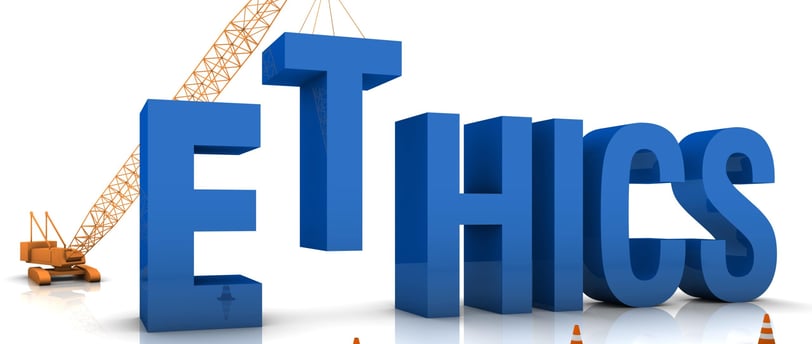Construction Ethics: Fostering Integrity and Fairness
In both our daily lives and business endeavors, ethics play a pivotal role, particularly within the construction industry.
Modular Home and Pool Express
2/6/20242 min read


Construction Ethics: Fostering Integrity and Fairness
In both our daily lives and business endeavors, ethics play a pivotal role, particularly within the construction industry. What we commonly perceive as "best practices" or business integrity often aligns with ethical conduct in this sector. But what exactly constitutes ethics in construction, and how can construction companies cultivate a culture of ethical behavior?
Ethics in the Workplace
Workplace ethics form the cornerstone of promoting fairness within an organization. This encompasses various aspects such as fair hiring practices, equitable treatment of employees, and just compensation for workers. While legal frameworks often dictate many of these practices, ethical companies prioritize them not merely due to legal obligations but as fundamental standards of conduct. Ethics, fundamentally, revolve around doing what is right, and this applies equally to workplace ethics.
Hence, ethical workplace practices are intrinsically linked to integrity and trustworthiness. Beyond fulfilling legal requirements, ethical conduct yields manifold rewards for a company. An organization that treats its employees well typically enjoys higher staff retention rates compared to those neglecting fair treatment. Moreover, ethical companies garner positive word-of-mouth endorsements, leading to increased job applications. Conversely, businesses with dubious ethics inevitably suffer from diminished referrals.
Ethical conduct in the workplace also provides an avenue for businesses to showcase their values. It serves as a valuable public relations tool and can enhance recruitment strategies.
The Role of Ethics in Construction
In the construction realm, ethical practices must emanate from top-tier management to be truly effective. Management should actively promote ethical behavior and foster a culture that prioritizes it. Enhancing ethics in construction goes beyond mere compliance; it necessitates a holistic approach wherein companies acknowledge and address existing deficiencies in their practices.
Construction-Company Code of Conduct
While not mandatory, many construction firms opt to develop a code of conduct voluntarily. This code outlines the principles and standards that a company pledges to adhere to, reflecting its core values and ethics.
A construction-company code of conduct signifies a commitment to upholding best practices and values in the workplace.
Typically, a construction-company code of conduct revolves around a set of foundational ethics or values such as honesty, integrity, fairness, kindness, and respect.
These principles guide both employee behavior and interactions with clients, helping companies distinguish themselves and build a reputation for ethical conduct.
Implementing such a code of conduct underscores a company's dedication to ethical standards, setting it apart in the construction industry.
All Rights Reserved: 2021-2024
Offices: Tampa - Istanbul - Hong Kong
